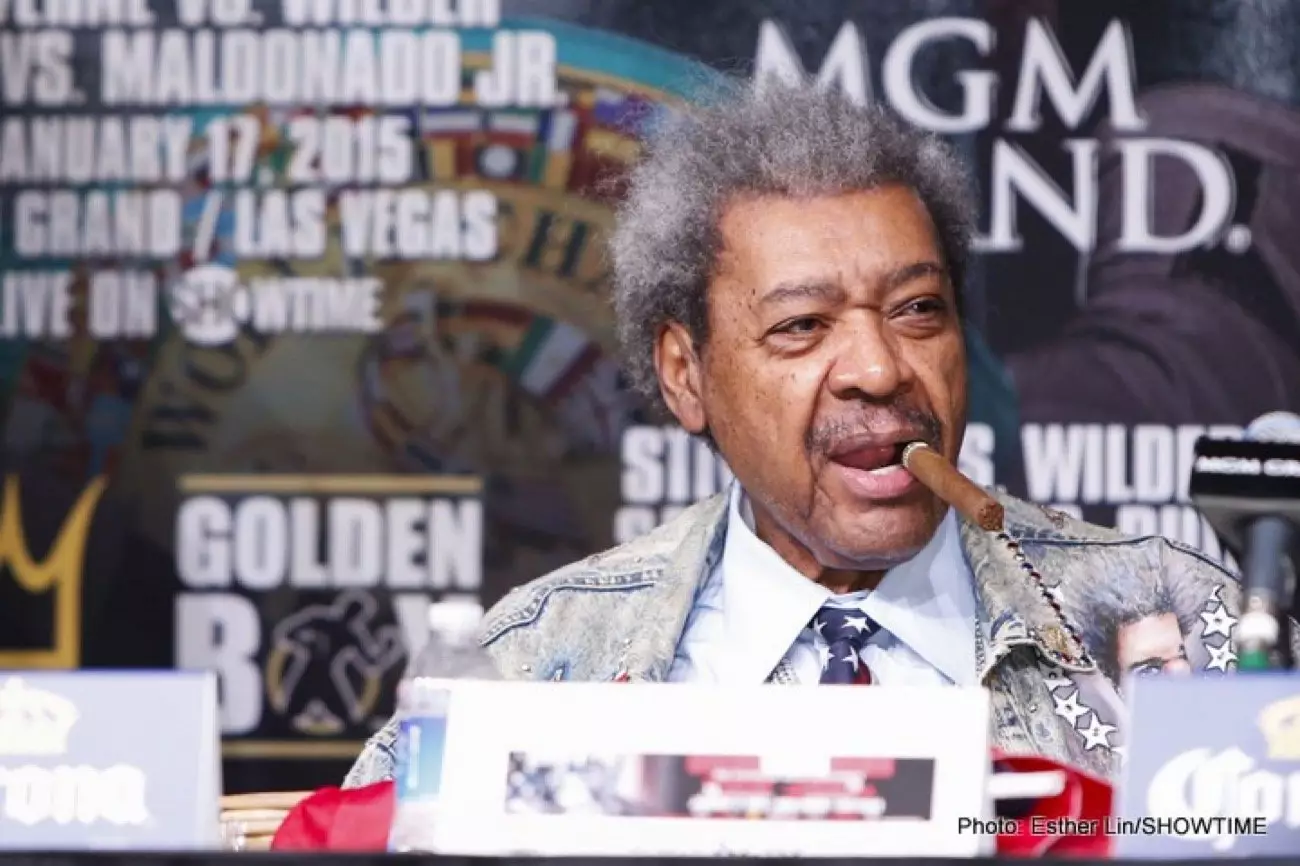In an era where boxing is increasingly entangled in the absurdities of its own regulatory bodies, the World Boxing Association (WBA) has initiated yet another farce that leaves fans disillusioned. The slated match between Kubrat Pulev and Michael Hunter for the WBA “Regular” Heavyweight Title serves as yet another significant blunder in the organization’s tattered legacy. With this announcement, the WBA has transcended mere embarrassment; it has ventured into uncharted territories of absurdity and irrelevance in the sport.
Essentially, this title may as well be rendered insignificant— a mundane piece of brass that might as well be handed out at a community fair. Say what you will about the concept of a “Regular” title; it’s an ironic jacket that cloaks mediocrity. The WBA’s incessant issuance of belts seems more akin to an overzealous coupon scheme than a genuine championship structure. The very title in question is comparable to the generic trophies awarded for participation in children’s sports leagues.
The Last Crusader: Don King’s Peculiar Comeback
Adding more layers to this bizarre narrative is none other than the venerable Don King. Yes, him— the beleaguered promoter who has aged like fine wine under peculiar conditions. Could it be, though, that King’s fervor for boxing is clearer now than the vast majority of fighters actually committed to the sport’s legacy? His recent dramatic move to spend $1.1 million to secure the purse bid points to a resolve to keep the age-old traditions of boxing alive, no matter how futile they may seem.
At 93, King represents a bygone era where boxing thrived on personality, spectacle, and gritty realism. It wouldn’t be surprising if his office relied upon antiquated technology—a primitive fax machine and maybe an aging computer that runs on a prehistoric operating system. While there’s an uncanny charm to Don King’s tenacity, it’s fair to question whether his capacity to promote boxing has morphed into a near-comedic sideshow. His transactions may take place amidst a fading blur of email chains and outdated platforms, yet he remains a consistent, if stubborn, presence in the competitive landscape of boxing promotional battles.
The Reputation of the ‘Regular’ Title
The WBA’s handling of titles mirrors a feeble grasp on legitimacy, and the impending match between Pulev and Hunter highlights the increasingly scrutinized nature of championship bouts. At this point, the “Regular” title, so indirectly named, could hardly evoke even a flicker of respect from discerning boxing enthusiasts. It instead embodies the decline of serious combat sports, where the fascination has shifted from skill and talent to the economic engine of foot traffic and revenue streams.
Kubrat Pulev, now enduring the twilight of his boxing career, seems to be fighting not for glory but for a nominal existence. Hasn’t it been nearly a decade since Pulev distinguished himself on the global stage? His bout against the titanic Wladimir Klitschko may have been the last moment of relevancy, and yet here he is— clinging on to the façade of championship prestige. His dance partner, Michael Hunter, draws little fanfare, portrayed as a man of solid craft and intentions yet devoid of the pulse that brings boxing enthusiasts to the edge of their seats.
Hunter’s path has been a sturdy yet uncelebrated one, enhanced only by a mild victory over Cassius Chaney that barely registered in the public psyche. Both athletes find themselves in a match built on a concept that feels as whimsical as it is vacant.
The Absurdity That Is Modern Boxing
In a world where boxing has taken side routes that often lead to unsatisfactory showings, the WBA represents perhaps the most ludicrous detour. They orchestrate a narrative that tries to convince us that this matchup is akin to titanic showdowns of history, but in reality, it merely crumbles under the weight of incredibility. As the sport evolves into a realm where flashy promotions and influencer-driven narratives dominate, one wonders whether authenticity has hollowed out, leaving behind only a shallow shell.
This peculiar juxtaposition lays bare the absurd layers of modern boxing: on one hand is Don King, an anachronism zealous for the traditional essence of the sport, while on the other is a discombobulated WBA that seemingly prefers to trade in novelty than in championing genuine talent and honor on the rings.
Amidst all the chaos, boxing emerges as a space where the old continues to collide with the new, often with graceless outcomes. Instead of embracing its rich history, the sport is rekindling bygone antics with a troubling inability to innovate. The upcoming clash between Pulev and Hunter is less a testament to future promise and more a jaundiced reflection of boxing’s conflicted journey through time.


Leave a Reply